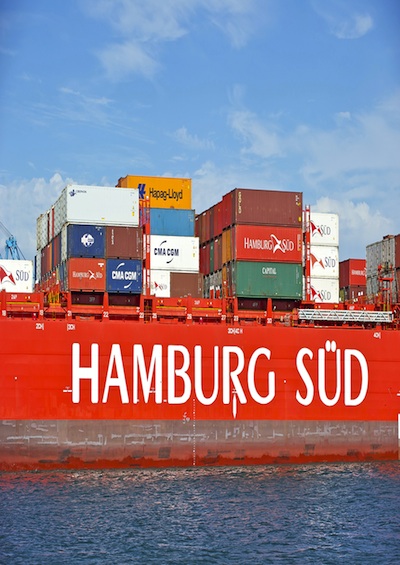Trump Upping the Ante on US-EU Trade
Will the US and EU find a compromise on trade to avert a head-on clash?
February 18, 2019

Over the weekend, the U.S. Department of Commerce submitted its auto tariff probe report to U.S. President Donald. It is likely that the report will conclude that car and car part imports from the EU “threaten the national security” of the United States.
If so, Trump now has 90 days to decide whether to levy the oft-muted punitive tariffs of, perhaps, 25% on such car imports.
Such tariffs, to which the EU would respond in kind, would be a massive escalation of the trade tensions between the two biggest economic powers of the world. They could severely damage economic growth on both sides of the Atlantic. For Trump, increasing the pressure with such threats seems to be part of his usual hardball negotiating tactics.
Unlike the U.S.-Chinese issues, the U.S.-EU talks are not complicated by a geostrategic rivalry. In the United States, political support for a trade war against the EU is much weaker than for one with China. Even the U.S. car industry opposes tariffs on car and car part imports, as they would disrupt their own cross-border supply chains.
Complicated talks
The EU wants to strike tariff-cutting deals on industrial goods (“we abolish our car tariffs, you abolish your SUV tariffs”). However, the U.S. government is also seeking enhanced access to the EU agricultural market. On this issue, the political room for the EU to yield to U.S. demands is very limited.
Still facing some “yellow vest“ protests, French President Emmanuel Macron will not accept significant changes to EU agricultural policies that could further nurture unrest in rural regions.
Similarly, lowering EU standards for foodstuffs would be so unpopular in major parts of the EU that it could put governments at risk, including German chancellor Merkel’s CDU/CSU-SPD coalition.
What’s the fuss all about?
On the one hand, the exchange of goods and services between the United States and the EU is the biggest bilateral trade flow in the world, ahead of U.S.-China trade, with U.S. exports to and imports from the EU estimated at $570bn and $670bn, respectively, in 2018.
On the other hand, depending on the statistical treatment of profit and royalty flows from some EU countries to the United States, the United States either runs a small current account surplus or a small deficit with the EU.
Europe has teeth on trade
In commercial terms, the EU could hit back at the United States much harder than China could. The EU probably has a good idea which sectors may be politically sensitive in the United States in the run-up to the 2020 election season.
As both sides have too much to lose from an escalating conflict, one must hope that the United States and EU manage to defuse their trade tensions in the end. But it will get noisy first.
Takeaways
Will the US and EU find a compromise on trade to avert a head-on clash?
The exchange of goods and services between the US and the EU is the biggest bilateral trade flow in the world -- ahead of US-China trade.
Unlike the US-Chinese issues, the US-EU talks are not complicated by a geostrategic rivalry.
The EU could hit back at the US much harder than China could. It has a good idea which US sectors are sensitive in the run-up to the 2020 election.
